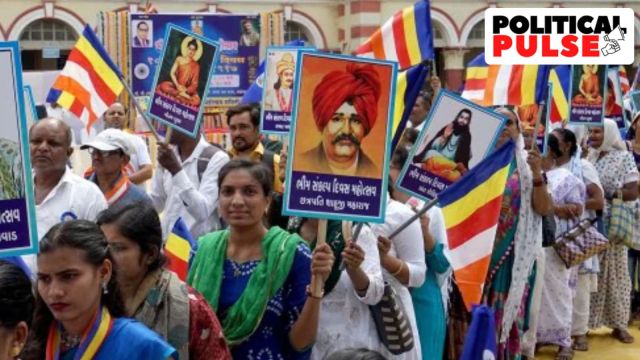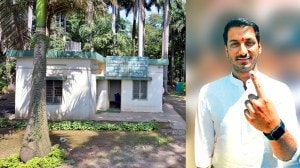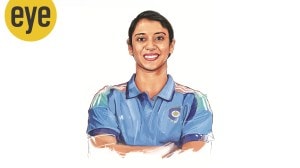Why a Karnataka body led by more prominent Dalit groups is backing sub-quota unlike counterparts
Dalit Sangharsha Samithi, set up 50 years ago, says it has always welcomed SCs from all strata. It is not in favour of excluding creamy layer though, as “economic liberation doesn’t change social status of Dalits”.
 Many opponents fear the move will end up creating divisions within SC/STs, weakening their strength as a unified force. (File photo/ Representational)
Many opponents fear the move will end up creating divisions within SC/STs, weakening their strength as a unified force. (File photo/ Representational)Even as several Dalit groups have opposed the Supreme Court’s recent order allowing sub-categorisation in Scheduled Castes (SCs) and Scheduled Tribes (STs), a 50-year-old Dalit organisation of Karnataka – the Dalit Sangharsha Samithi (DSS) – has extended support to the move, while opposing the suggested creamy layer exclusion.
The DSS is primarily led by ‘Dalit Right’ Holeyas, who are considered higher in the caste spectrum and more economically and politically advanced, as compared to ‘Dalit Left’ or Madigas. This also makes the position of the DSS unique as prominent Dalit groups have particularly come out against any quota within quota, which is meant to ensure that reservation benefits reach the more underprivileged among the SCs.
The Dalit organisations which have opposed sub-categorisation include the Vanchit Bahujan Aghadi led by Prakash Ambedkar in Maharashtra and Chandrashekhar Azad’s Aazad Samaj Party (Kanshi Ram) in Uttar Pradesh. Many opponents fear the move will end up creating divisions within SC/STs, weakening their strength as a unified force.
Those associated with the DSS say its support for sub-categorisation lies in its history. Founded in 1974 by B Krishnappa, a Madiga with N Giriyappa (Holeya), as its president, the DSS has attracted Dalits across political and economic strata to its fold since its inception.
“The DSS is not just an organisation but a movement. It defines a Dalit as anyone who is oppressed and hence attracts people from different backgrounds,” Indudhara Honnapura, one of the DSS’ founding members, told The Indian Express.
In the 1990s and 2000s, the DSS split into several splinter groups, but these came together in an ‘okkutta (gathering)’ last year. V Nagaraj, the founding coordinator of the DSS, which mobilised around two lakh Dalits at the mneeting held in Bengaluru, told The Indian Express, “We support sub-categorisation as reservation must be based on population. Several sub-groups among the Dalits are less advanced and they need proper reservation.”
The DSS, however, opposes the exclusion of the creamy layer from reservations, saying it contravenes the basic premise of reservation inscribed in the Constitution – which is to uplift communities which have suffered social backwardness and oppression on account of their caste.
“We cannot support the (exclusion of) the creamy layer as a Dalit does not become a non-Dalit when his economic status improves. All Dalits should be entitled to reservation irrespective of their financial background. However, sub-categorisation is necessary for social justice,” DSS leader Mavalli Shankar said.
Nagaraj said there was little evidence to prove that the social status of Dalits changes with economic liberation. “Dalits who are seen to be higher in the caste hierarchy are still oppressed by other dominant castes,” he said.
Nagaraj admitted that not all within the DSS were on board over sub-categorisation. “There are leaders who think Dalits should be treated as homogenous as they claim each sub-group is equally affected by the caste system. However, a majority of us are in support of the sub-categorisation,” he said.



- 01
- 02
- 03
- 04
- 05




























